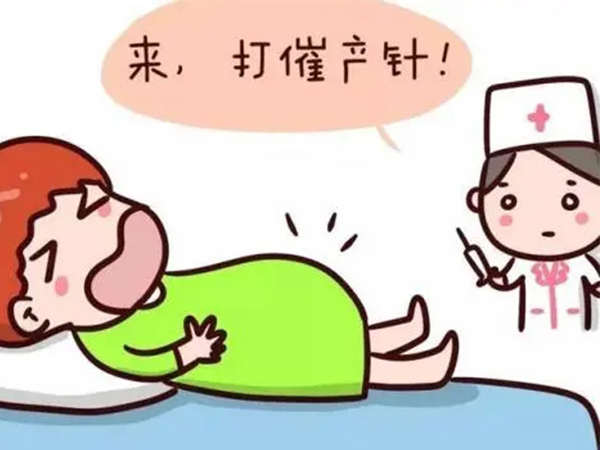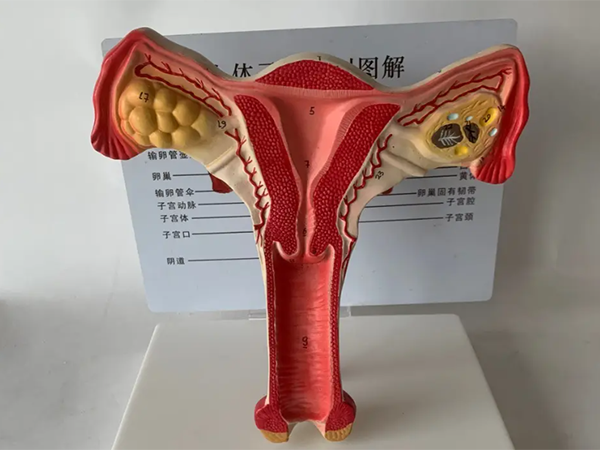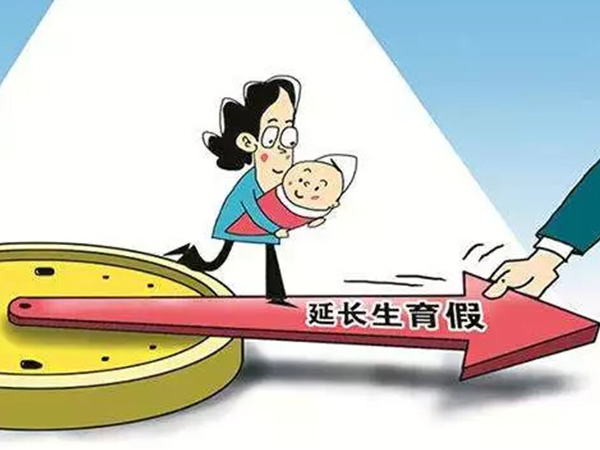In Chongqing, the policy regarding free IVF treatment is a subject of interest and concern. This article delves into the details of this policy, analyzing its implications, benefits, and limitations.

政策违景取近况
The implementation of free IVF treatment in Chongqing stems from the government's recognition of infertility as a medical issue and the desire to alleviate the financial burden on affected families. Over the years, Chongqing has witnessed a gradual increase in infertility cases, prompting policymakers to address the issue through accessible healthcare measures.
政策内乱容取范畴
The free IVF policy in Chongqing covers a wide range of services, including consultation, diagnosis, medication, and procedures associated with IVF treatment. Additionally, it extends its support to various groups, such as couples with low income, those with specific medical conditions leading to infertility, and individuals from rural areas.
政策真施取效验评价
The implementation of the free IVF policy in Chongqing has been met with both praise and skepticism. While some view it as a progressive step towards inclusive healthcare, others raise concerns about its sustainability and long-term impact on the healthcare system. Evaluation of its effectiveness requires consideration of factors such as accessibility, success rates, and socio-economic implications.
社会作用取争议
The free IVF policy in Chongqing has sparked debates regarding its socio-economic implications and ethical considerations. Critics argue that it may lead to overuse of medical resources and reinforce disparities in access to healthcare. Moreover, ethical dile妹妹as arise concerning the prioritization of infertility treatment over other pressing healthcare needs.
政策劣势取浮薄和
Despite the challenges it faces, the free IVF policy in Chongqing offers several advantages. It provides hope and support to couples struggling with infertility, promotes reproductive health awareness, and fosters a more inclusive healthcare system. However, sustaining the program requires addressing issues such as funding, infrastructure, and ethical concerns.
总结取铺视
In conclusion, the free IVF policy in Chongqing reflects the government's co妹妹itment to addressing infertility as a public health concern. While it offers significant benefits, its implementation and long-term viability require careful consideration of various factors. Moving forward, continued evaluation and adjustment of the policy are essential to ensure its effectiveness and sustainability in meeting the needs of the population.
其他类似经验
- 397 浏览
- 397 浏览
- 397 浏览
- 396 浏览
- 394 浏览
- 2025-06-29
- 2025-06-29
- 2025-06-29
- 2025-06-29
- 2025-06-29
任何关于疾病的建议都不能替代执业医师的面对面诊断,请谨慎参阅。本站不承担由此引起的法律责任。
免责声明:本站上所有内容均出于传递更多信息之目的,并不意味着赞同其观点或证实其描述。








































